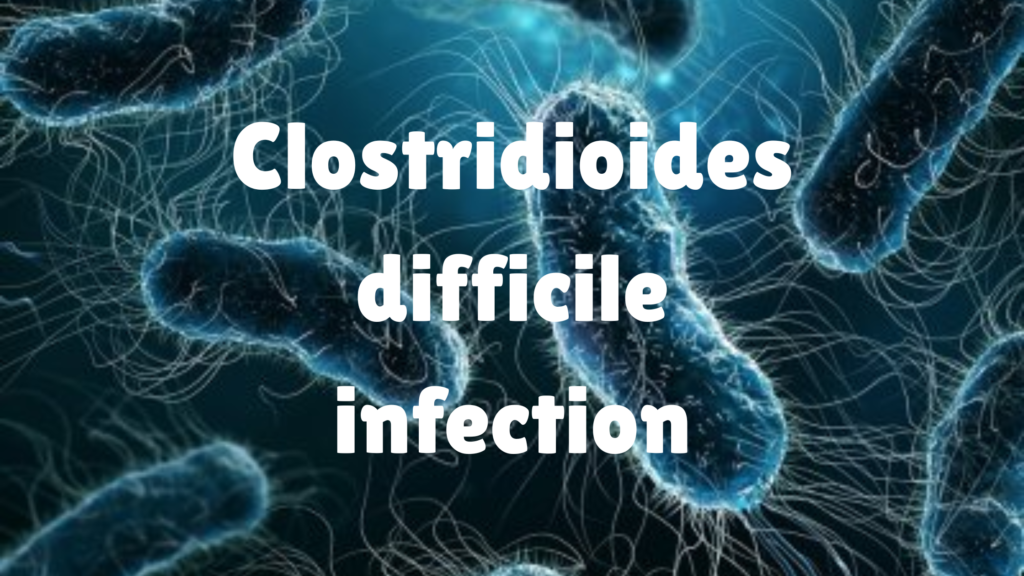🦠 What Is C. difficile Infection?
Clostridioides difficile (formerly Clostridium difficile) is a type of bacteria that can cause inflammation of the colon (colitis), leading to severe diarrhea and other intestinal problems. It often occurs after taking antibiotics, which can disturb the balance of healthy gut bacteria.
🔍 Causes & Risk Factors:
- Recent antibiotic use (especially broad-spectrum antibiotics)
- Hospital or long-term care stays
- Older age (60+)
- Weakened immune system
- Gastrointestinal surgery
- Proton pump inhibitors (medications that reduce stomach acid)
⚠️ Symptoms:
- Watery diarrhea (often 3+ times a day)
- Abdominal cramping or pain
- Fever
- Nausea and loss of appetite
- Dehydration
- Blood or pus in the stool (in severe cases)
In serious infections, it can lead to:
- Severe colon inflammation (pseudomembranous colitis)
- Toxic megacolon
- Sepsis
- Death, if untreated
🩺 Diagnosis:
- Stool tests for C. difficile toxins
- PCR tests (detect C. difficile DNA)
- Colonoscopy or imaging (in severe cases to check colon inflammation)
💊 Treatment:
Mild to Moderate Cases:
- Stop the triggering antibiotic (if possible)
- Start specific antibiotics to kill C. difficile, such as:
- Vancomycin
- Fidaxomicin
- (Metronidazole in limited situations)
Severe or Recurrent Cases:
- Fecal microbiota transplantation (FMT) – restores healthy gut bacteria
- Surgery (rare) for life-threatening colitis
- Monoclonal antibodies (e.g., bezlotoxumab) to prevent recurrence
🛡️ Prevention:
- Only use antibiotics when necessary
- Handwashing with soap and water (alcohol hand sanitizers are less effective)
- Disinfection of surfaces (C. diff forms spores that resist routine cleaning)
- Isolate infected patients in healthcare settings
